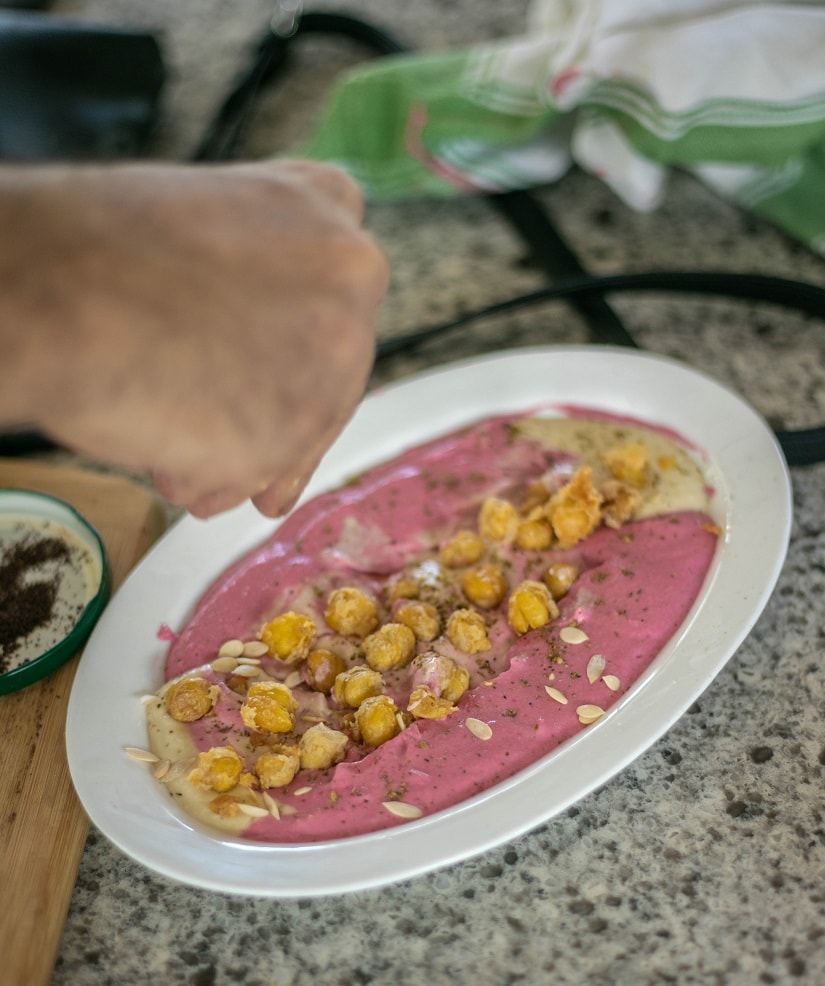The Jewish community in India has adapted their original cuisines to local ingredients and influences — while upholding kosher laws. The result: an entirely delicious confluence | #FirstCulture
For centuries, India has been home to Jews. The Bene Israel, the Cochin Jews and the Baghdadi Jews are the three main groups of the Jewish community in India, and they’ve adapted their original cuisines to local ingredients and influences — while upholding kosher laws. The result: an entirely delicious confluence. You see this curious blending of cuisines in the case of the Jews of Cochin, the oldest of the Jewish communities in India, who settled in Kerala and have been here for at least a millennium. With coconut and coconut oil being easily available locally, these ingredients feature extensively in the community’s daily cooking. One of their distinctive delicacies is the Cochin Jewish aromatic coconut rice. It is prepared by adding thinly shredded coconut flesh and spices to cooked rice or cooking the rice in coconut milk and then adding spices. There is also the Cochin Jewish cutlet, similar to a schnitzel, where chicken breasts are dipped in eggs and mixed in crumbs and deep-fried. Hubba, similar to Arabic kibbeh — dalia, onion and minced meat croquettes, spethi or stewed beef and the Rosh Hashanah specialty, Cochin Jewish cake, made with semolina, eggs and sugar, are signature dishes. [caption id=“attachment_4262933” align=“alignnone” width=“825”]
 The Jewish community in India has adapted their original cuisines to local ingredients and influences — while upholding kosher laws.[/caption]
![jewish]()
The Bene Israeli community in India, predominantly settled along the western coast, makes use of abundant fish, coconut, rice, fresh herbs and spices in their daily diet. Their cuisine replaces cream with coconut milk for meat dishes, and the traditional clarified butter ghee with oil. The Bene Israel community also extended the laws of kashrut by deciding that fish and milk could be neither cooked nor eaten together; meat is blessed by a rabbi. The majority of their food, however, is similar to the local Maharashtrian fare. Says Shlomoh Samuel Divekar, a Mumbai-based Bene Israeli Jew, “A majority of Indian foods is what we consume, with the occasional Bene Israeli dish. We have val (whole beans) on Tisha B’Av, a day on which the First and Second Temple was destroyed and in order to pay our respects, we fast on that day. This usually happens in July or August.” The Bene Israelis are also known to eat a stew made by flaking fried fish into boiling coconut milk with fresh coriander and chilies. Tamarind too is used in some traditionally Jewish dishes, such as chitanee, which is a sweet-and-sour chicken preparation. “The Bene Israelis also celebrate the Sabbath, or Shabbath, as they call it,” says celebrity chef Moshe Shek. “Typically, the flavourful beef stew cholent is eaten, but there are variations followed by the Jewish community in India.” The Maharashtrian Bene Israeli Jews do not drink wine on this day; they break the Yom Kippur fast with saat padder puris (seven-layered puris) with a rich, gooey dry fruit and elaichi mixture, while Cochini Jews do so with a wheat pudding called ural, similar to the halwa. Sweets abound in their cuisine. Gulab jamun is common in most households during Hanukkah. M_alpua,_ a sweet pancake made with bananas, pineapple and other fruits and served with a syrup is equally popular. Another favourite Bene Israel sweet is laddu. Their naaral (coconut) halwa, is a Rosh Hashanah staple. As the capital of British India in the 19th century, erstwhile Calcutta became
home to Baghdadi Jews, who comprised one of the Middle East’s most significant Jewish population. Naturally then, the cuisine of the Baghdadi Jews was an amalgamation of Middle Eastern food and local spices and ingredients. Over time, Middle Eastern culinary traditions began to merge with Indian ones, creating a unique flavour profile. Potatoes form the core of their meals. Alu makallah is a popular dish, still eaten. Their pilafs and biryanis are legendary. A classic Friday night dish, potatoes are often served with chicken, fenugreek chutney and vegetables. Jewish food was blander and lighter in the Middle East, but it became spicier when the Baghdadi Jews came to India. For instance, hilbeh, the green chutney typically made using fenugreek seeds, garlic, lemon juice, coriander, and green chilies, is made with the addition of ginger, by the Baghdadi Jews in Kolkata. While most of them still strictly adhere to kosher laws, as the number of Jews in Kolkata is shrinking, they find it tough. As the method of slaughter as per Islamic and Jewish dietary laws is very similar, to turn to a halal butcher was the safest option. In their dwindling numbers, the legacy of the Jewish community in India maybe be reducing, but the flavours of their cuisine live on. Also read: Indian Jews: This little known minority community has a rich heritage The Bene-Israel and Baghdadi Jews of India: A history of this minority community
- Home
- Lifestyle
- Hubba, chitanee, alu makallah: A guide to the cuisine of India's Jewish communities


)



